Meet our awardees
Higher Education Partnerships in sub-Saharan Africa (HEP SSA) is supporting eight projects in five countries this year, with ODA funding under the UK government’s new International Science Partnership Fund.
Experts academics have been awarded up to £100,000 to lead one year projects and knowledge sharing activities between Africa and the UK. Each project sees a partnership between a minimum of three spoke universities, either regionally or nationally, and one UK Higher Education Institution partner.
You can see all of our current and past HEP SSA and Africa Catalyst projects on our interactive map.
“Enhancing engineering education in sub-Saharan Africa through research and innovation pipeline.”
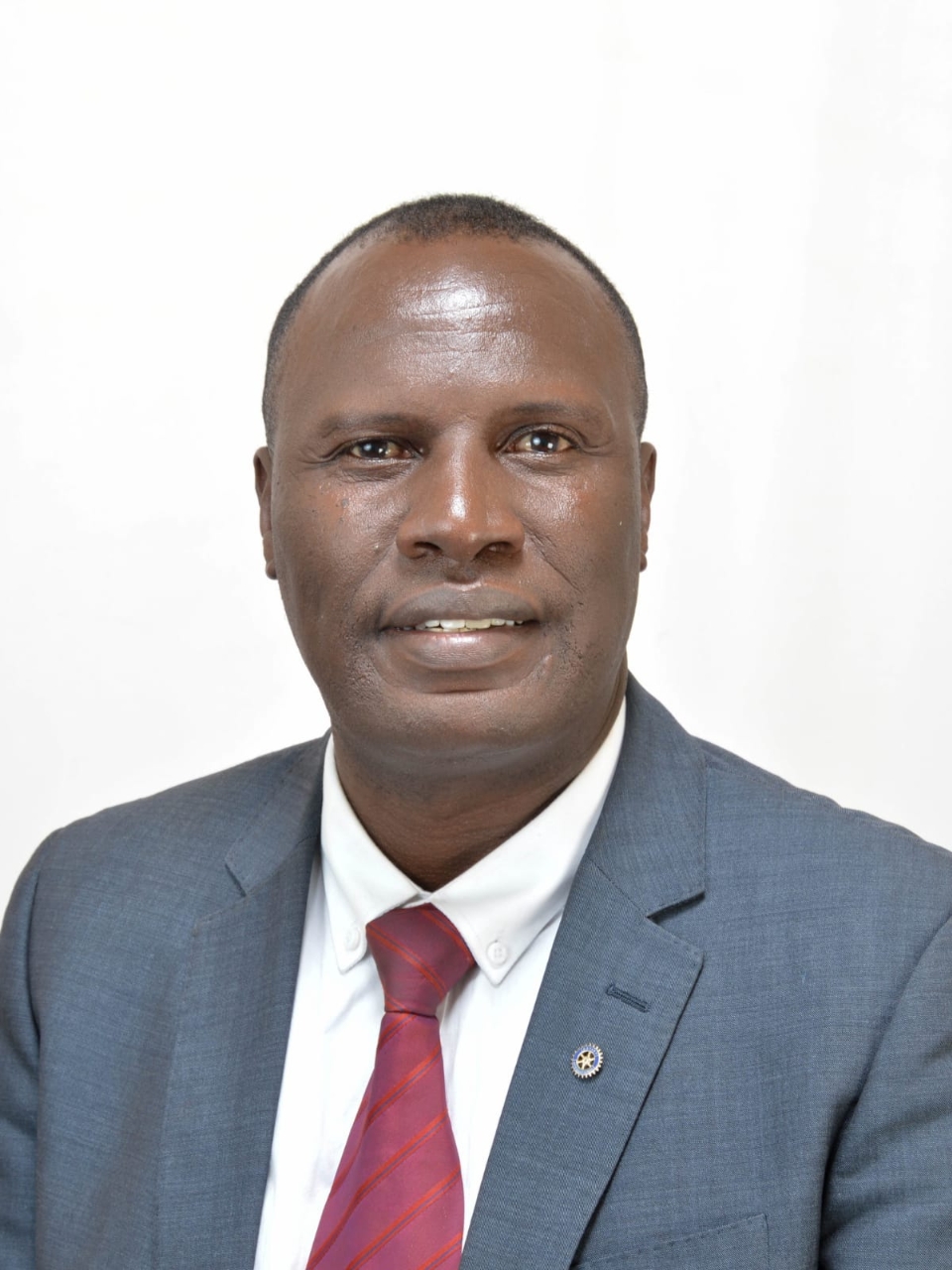
Professor Amos Omamo | Meru University of Science and Technology, Kenya
Spoke university partners:
- Abubakar Tafawa Balewa University, Bauchi, Nigeria
- Bahir Dar University, Ethiopia
- Lagos State University, Nigeria
UK partner:
- University of the West of Scotland | Dr Evi Viza
This project aims to establish a Research and Innovation Pipeline within universities across the region, fostering a culture of research, critical thinking, and collaboration among students. By providing specialized training, mentorship, and access to industry partnerships, it seeks to nurture the next generation of skilled researchers and professionals prepared to tackle national and regional challenges, particularly addressing the critical need for a well-trained and innovative engineering workforce in sub-Saharan Africa.
“Harmonizing Innovation: Collaborative Synthesis of Bio-Silica Nanoparticles Derived from Rice Husk for Various Industrial Applications.”
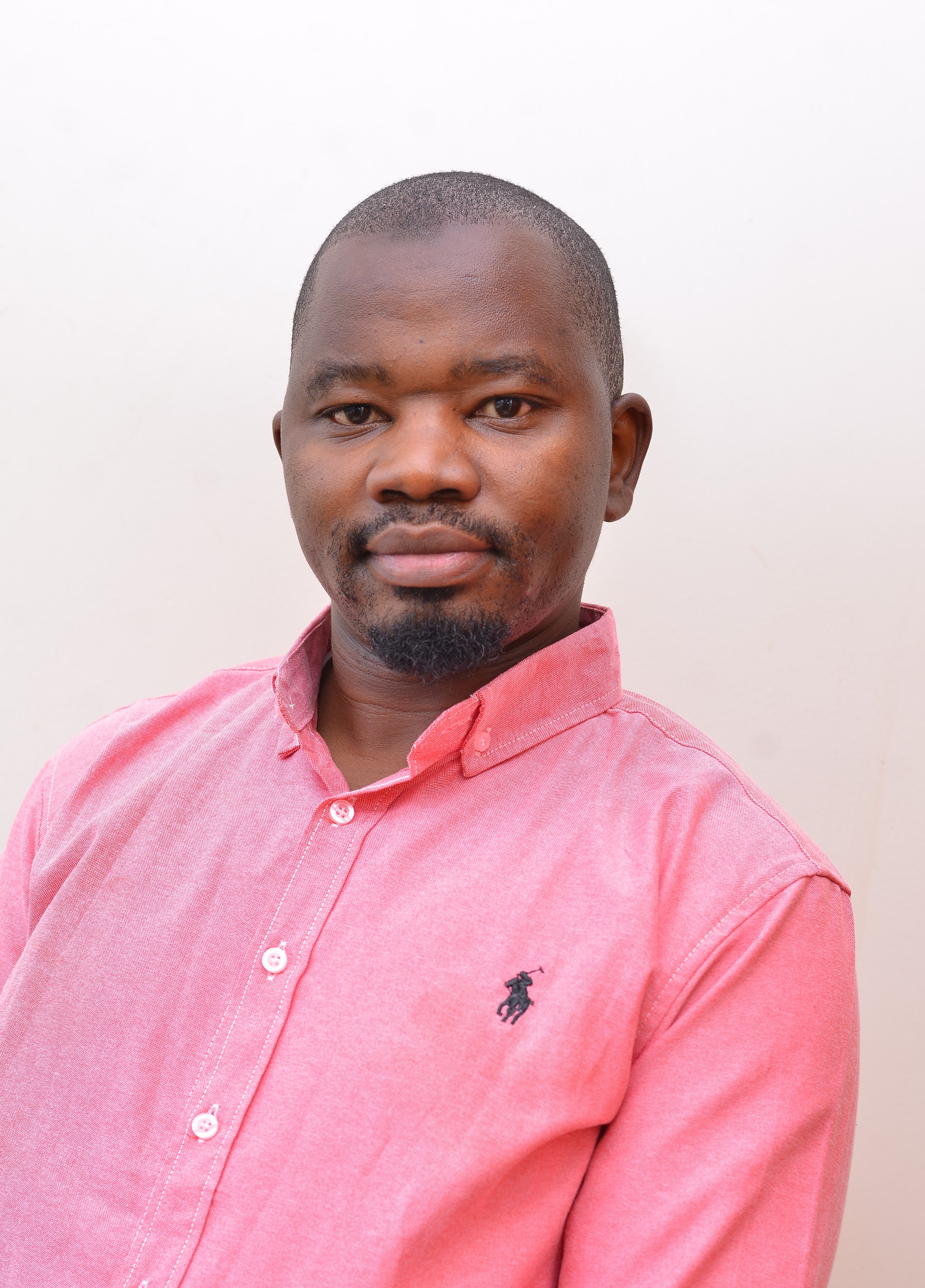
Dr Farad Sagala | Mbarara University of Science and Technology, Uganda
Spoke university partners:
- Makerere University, Uganda
- Abubakar Tafawa Balewa University, Nigeria
- University of Namibia
- Cape Peninsular University of Technology, South Africa
UK partners:
- Imperial College London | Professor Ann Mudigride
Local partners:
- AvaGro
- The Petroleum Authority of Uganda
In a pioneering collaboration, the project aims to establish a Research Hub of Excellence focused on synthesizing bio-silica nanoparticles from rice husk, a sustainable resource abundant in Africa. These nanoparticles offer vast potential across industries, from agriculture to healthcare and beyond. Through rigorous research and hands-on training, graduate students will acquire specialized skills in nanomaterials, addressing the pressing issue of graduate non-employability. By bridging academia and industry, the Hub aims to produce job-ready professionals while driving innovative research to address real-world challenges.
“Catalysing Sustainable Futures in Africa: Transforming Engineering and Built Environment Higher Education to Bridge Knowledge and Technical Innovation Gaps.”
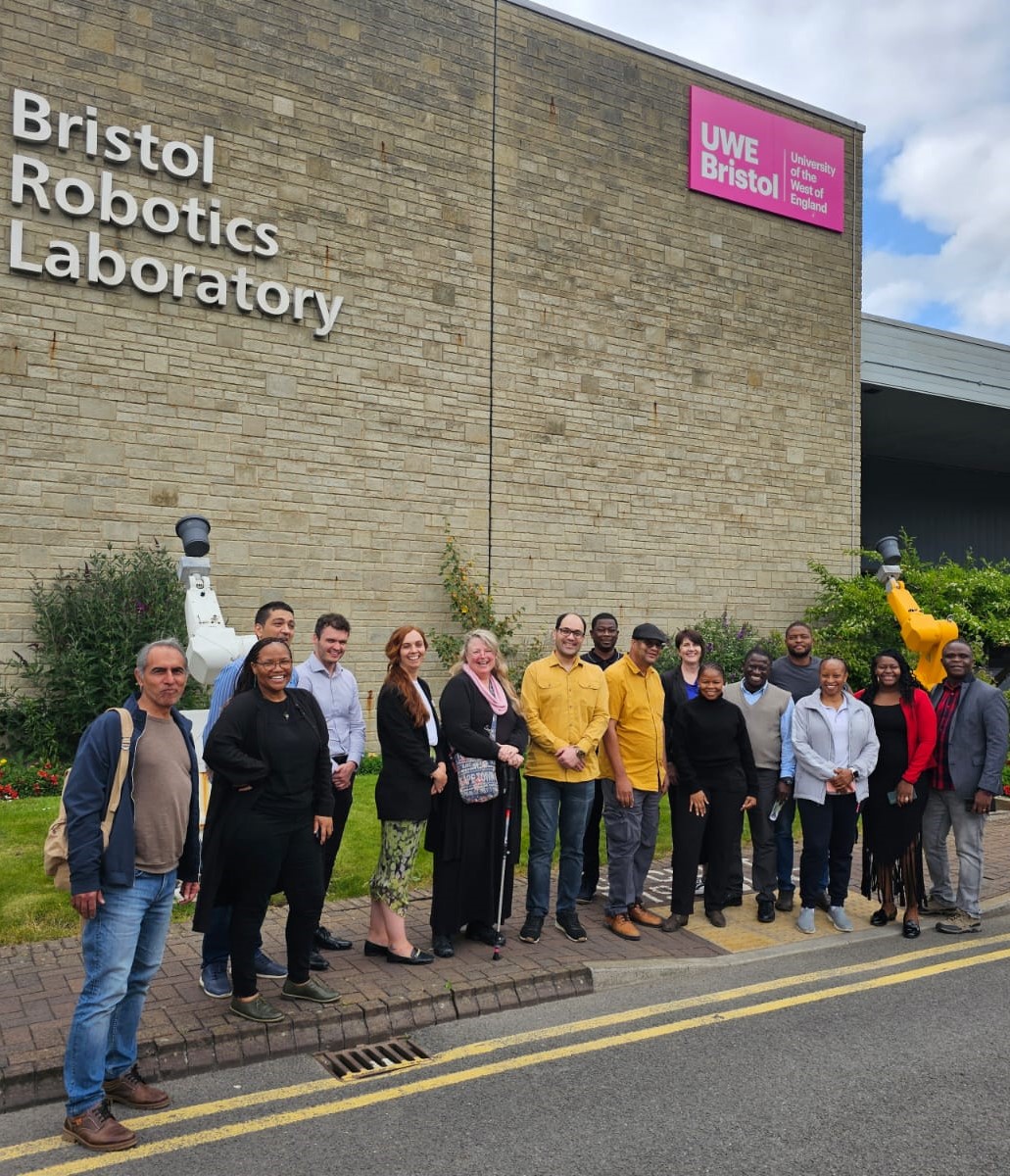
Karen Le Jeune | University of Cape Town, South Africa
Spoke university partners:
- University of Johannesburg, South Africa
- University of Botswana
- Namibia University of Science and Technology
UK partners:
- University of the West of England | Dr Alireza Moghayedi
- Cardiff University | Dr Abid Mehmood
Industry partners:
- ECSA (Engineering Council of South Africa)
- Mintek (Council for Mineral Technology)
- CIOB (Chartered Institute of Building
The project aims to bridge the gap between Sustainable Development (SD) and Technological Innovations (TIs) by leveraging the Higher Education for Sustainable Development (HESD) approach. This approach emphasizes the crucial role of universities and professional bodies in nurturing a skilled workforce to tackle modern societal challenges. Utilizing the Quintuple Helix Model of Innovation (5HIM), the project will engage academia, industry, policymakers, civil society, and the local environment. By harnessing the collective expertise and collaboration within the Engineering and Built Environment Professions (EBEPs) ecosystem, the project seeks to foster innovation, enhance understanding of SD and TI, address professional needs, and drive tangible progress towards sustainable development goals in country.
“Enhancing the Learning Model and Opportunities for University Engineering Education (ELMO) in partnership with industry, UK and regional universities.”
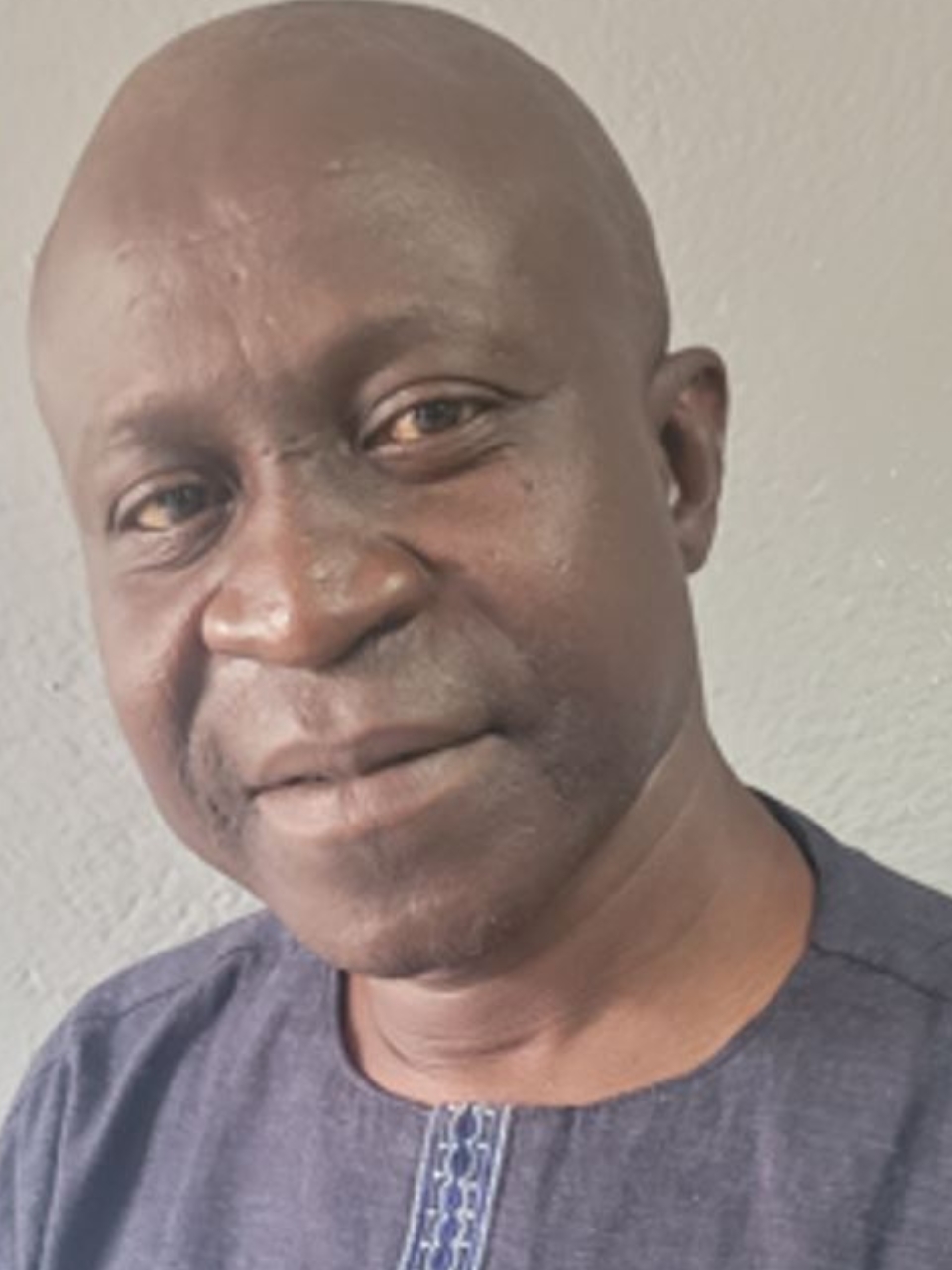
Professor Kelleh Gbawuru Mansaray | University of Sierra Leone, Sierra Leone
Spoke university partners:
- University de Cheikh Antar Diop, Senegal
- Eastern Technical University, Sierra Leone
- University of Energy and Natural Resources, Ghana
UK partners:
- Imperial College London | Dr Mike Templeton and Dr Laure Sioné
- Engineers for Change Sierra Leone | Modupe Williams
Local partners:
- Sierra Leone Institute of Engineers | Eng Trudy Morgan
ELMO is a collaborative initiative between the Engineering Faculty at the University of Sierra Leone (USL) and international regional partners, building upon insights gained from a previous HEP SSA project. In this iteration, the Faculty of Engineering serves as the Hub, aiming to integrate Problem-Based Learning (PBL) into the curriculum. Under ELMO, academic tutors will collaborate with industry partners to define research themes aligned with industry challenges, facilitated by specialist project management consultants. The project will facilitate knowledge exchange through workshops and media platforms, involving spoke universities in Ghana, Senegal, and the UK partner. Knowledge dissemination will take place through workshops, outreach programmes and international events.
“Development of CDIO (conceive, design, implement and operate) module/curriculum on Electric Vehicle Powertrains – case study South Africa.”
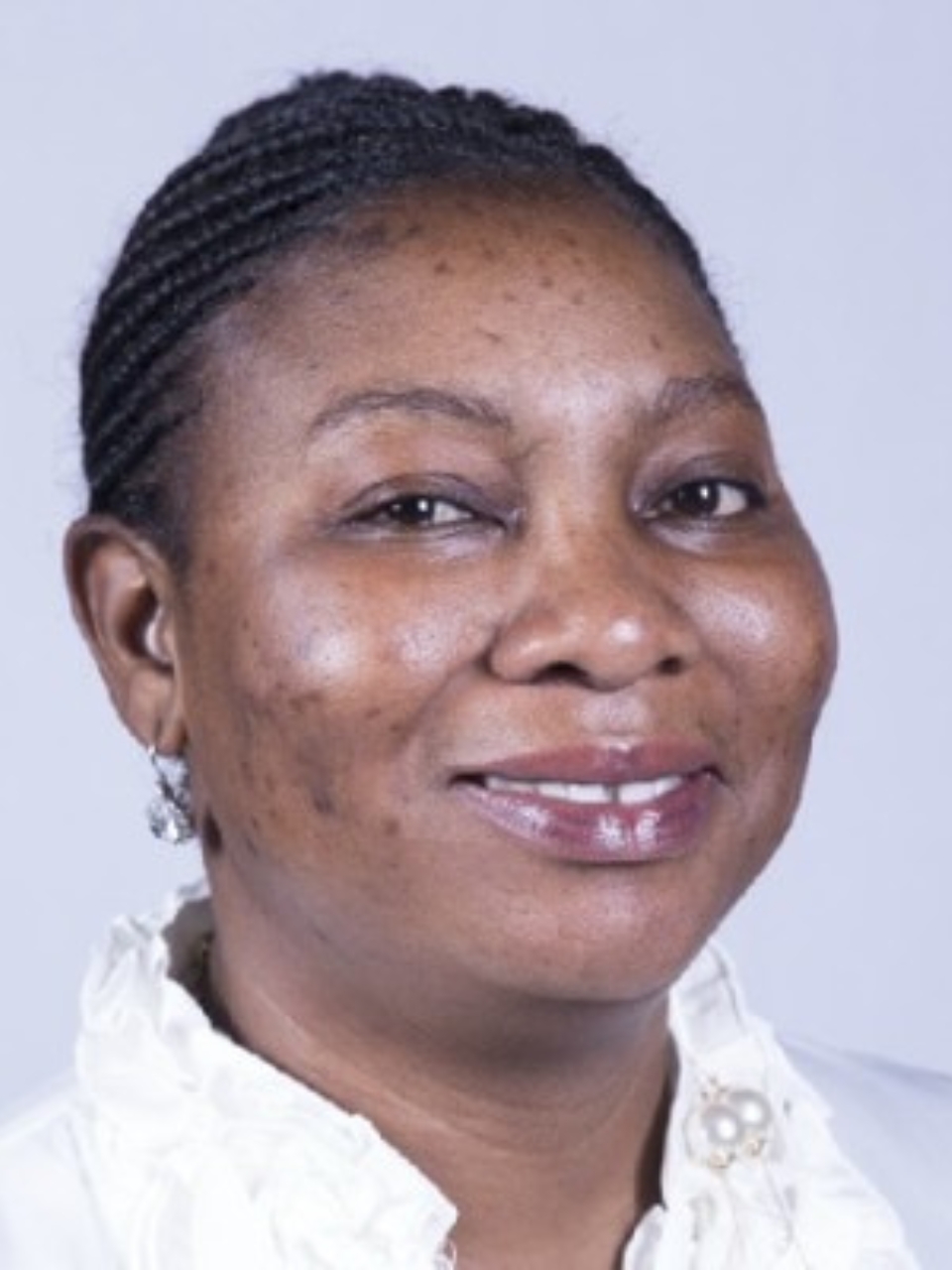
Dr Grace Mukondeleli Kanakana-Katumba | Tshwane University of Technology, South Africa
Spoke university partners:
- Cape Peninsula University of Technology, South Africa
- Durban University of Technology, South Africa
- University of South Africa
UK partners:
- King’s College London | Dr Tabbi Wilberforce
- Aston University
- The University of Warwick
Local partners:
- naamsa
The project aims to enhance industry-specific skills development by adapting UK expertise in CDIO (Conceive, Design, Implement, and Operate) project-based learning for South African universities. A pilot program will be developed alongside a 30-hour module focused on Electric Vehicle Powertrain to support decarbonization efforts in the South African automotive sector. The project will actively engage industry professionals with all partners expected to benefit from this innovative educational approach. Through this collaboration, the project aims to equip graduates within the automotive industry with the necessary skills to drive innovation and sustainability.
“A partnership to develop engineering and entrepreneurial capacity through the implementation of industry supported undergraduate programmes.”
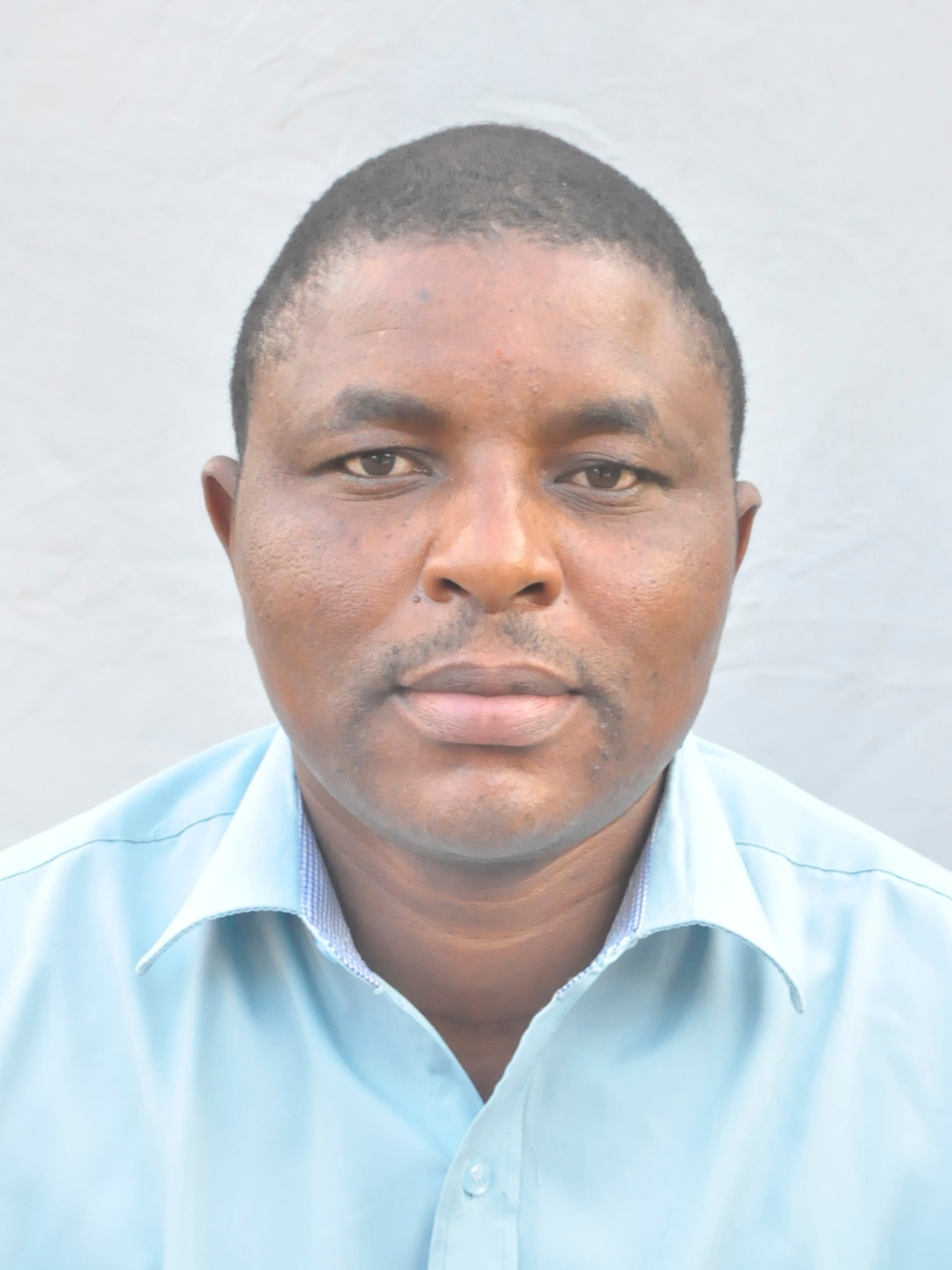
Dr Shadrack Sabai – Ardhi University, Tanzania
Spoke university partners:
- The Water Institute
- The University of Dar es Salaam, Tanzania
- The Nelson Mandela African Institute of Science and Technology, Tanzania
UK partners:
- Cambridge University
- Majicom | Mike Coto
Local partners:
- Ekihya, Tanzania
The main aim of this project is to improve undergraduate engineering education and employability through industry-relevant initiatives, with a focus on Tanzania. It will create several hands-on industry-supported student dissertation projects to increase the impact of course curricula. An impact engineering training program pilot will offer training in water engineering, human-centered design, and social entrepreneurship. This pilot will offer paid, part-time employment opportunities, allowing students to work as service engineers supporting local water kiosks to create sustainable frameworks, plus a conference and network to share project outcomes and learnings.
“Innovation and Digitalisation pathways for a more affordable housing in sub-Saharan Africa.”
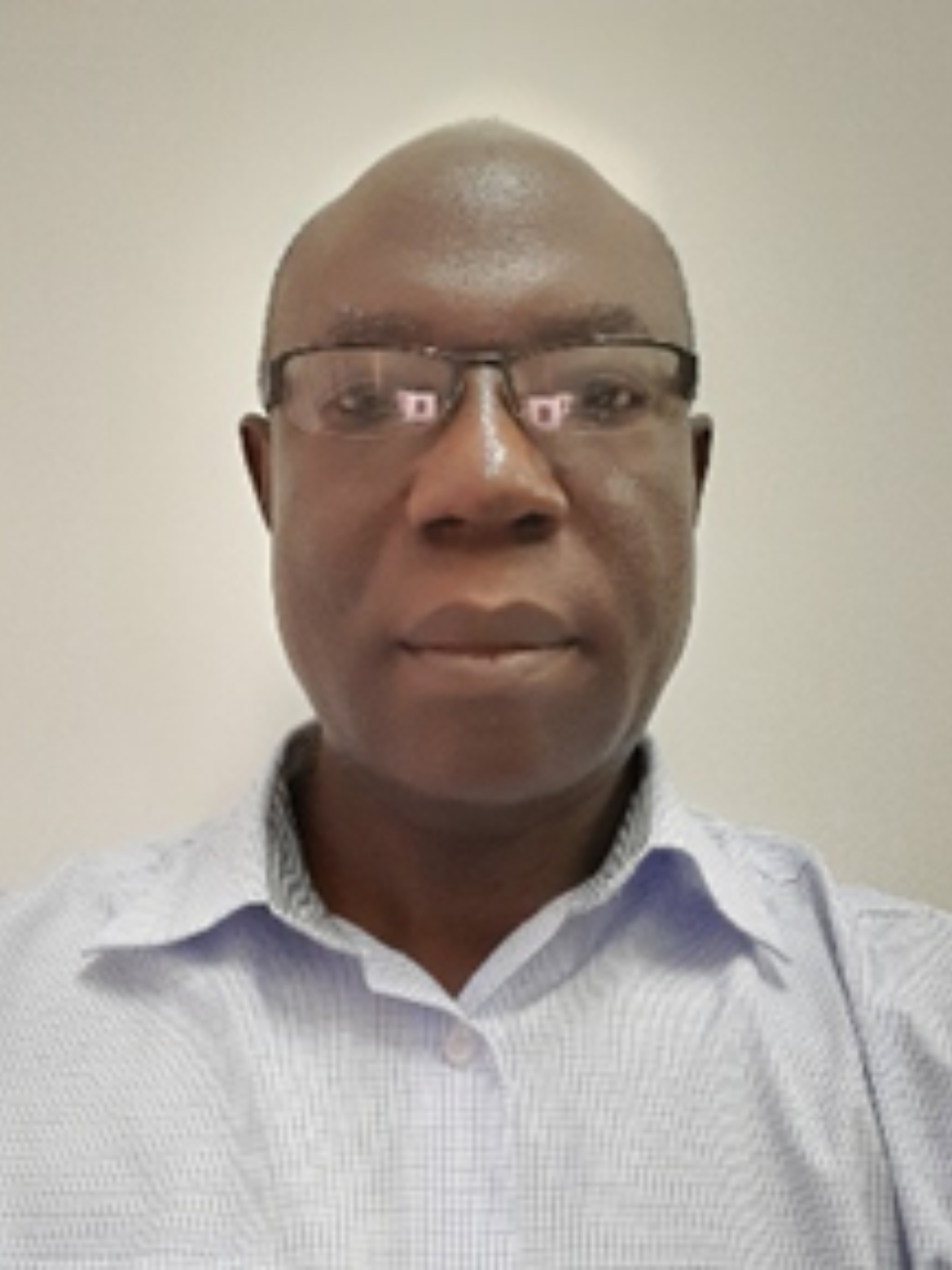
Dr Stephen Mukiibi – Makerere University, Uganda
Spoke university partners:
- The University of Johannesburg, South Africa
- The University of Cape Town, South Africa
- Kyambogo University, Uganda
UK partners:
- Liverpool John Moores University | Dr Maria Ferentinou, Dr Christailine Wijekoon and Michael Farragher
Local partners:
- ACTogether, Uganda
This project proposes a comprehensive approach to introduce civil engineering and built environment graduates to innovative digital methods such as Cloud-Based Building Information Modelling, 3D-Printing, and modular construction to improve the knowledge, skills, and employability of graduates. The project aims to foster collaboration between higher education institutions and the industry sector, ultimately scaling up the impact of affordable housing delivery efforts and enhancing engineering capacity in sub-Saharan Africa.
“An Industry based Approach to Review Agricultural Engineering Curriculum and Develop Capacity of Undergraduates and Early Career Academics of Institutes.”
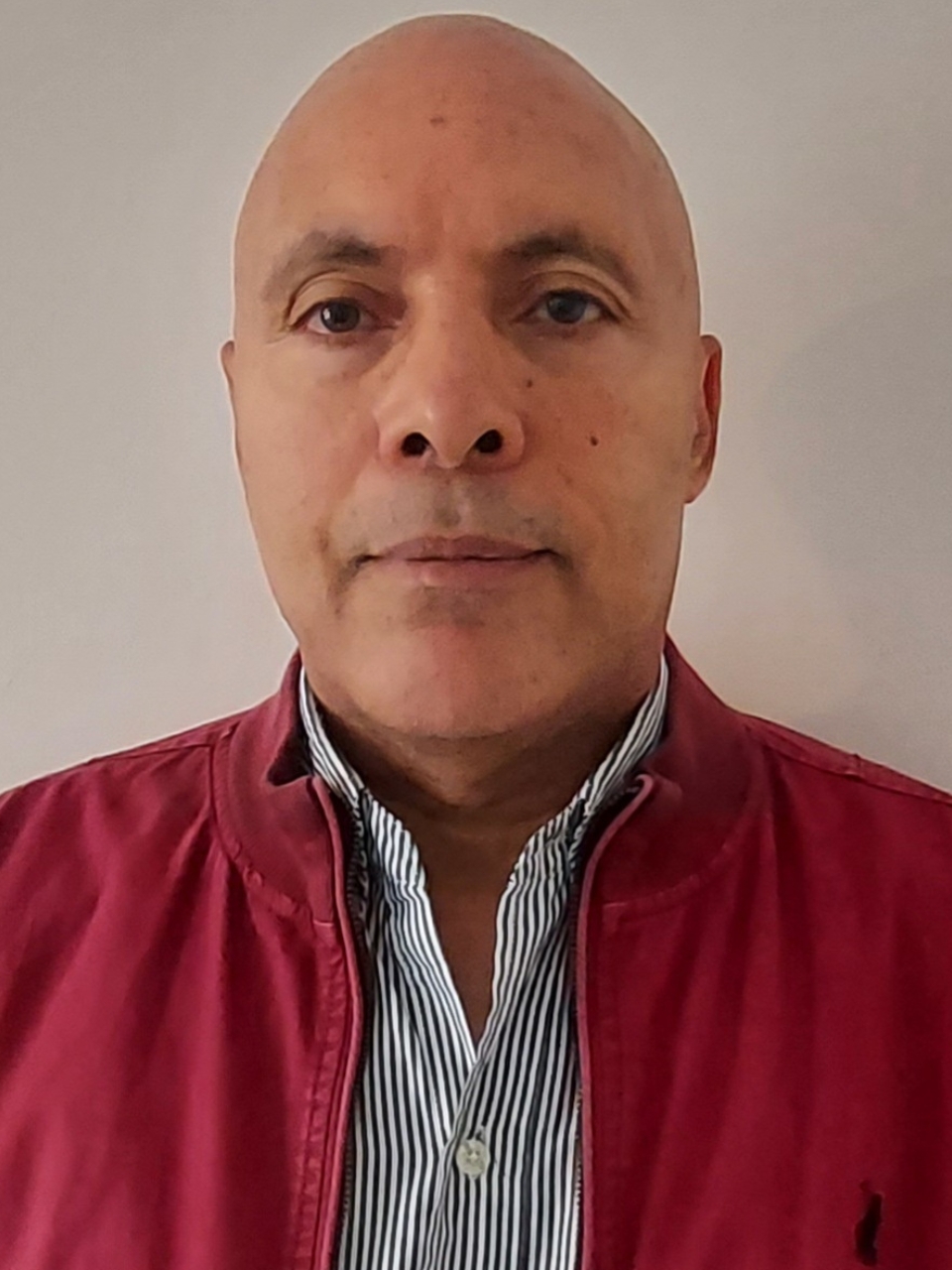
Professor Tilahun Workneh – University of KwaZulu-Natal, South Africa
Spoke university partners:
- The University of Free State, South Africa
- The University of Venda, South Africa
- The University of Zimbabwe
- Fort Cox College of Agriculture and Forestry Training Institute, South Africa
UK partners:
- Lincoln Institute for Agri-Food Technology | Professor Simon Pearson
Local partners:
- MBB Consulting Engineers, South Africa
- Agricultural Engineering at Agricultural Research Council, South Africa
This project aims to develop curriculum, foster industry-academia collaboration, and prepare engineering graduates for ECSA registration. Key activities include curriculum transformation, industry involvement in lecturer development, and reinforcing vocational training. The project emphasizes practical engineering skills, with industry partners offering hands-on training to beneficiaries.
